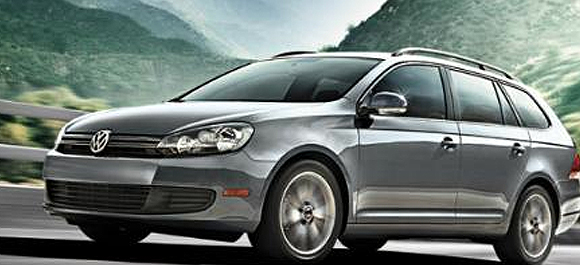Cars and Drivers
Is the $7.3 Billion Volkswagen Cheating Fund Big Enough?
Published:
Last Updated:

The company faces a maximum penalty of $18 billion in the United States alone for its deliberate circumvention of emissions testing on certain of its diesel engines by fiddling the software settings so that the car performed differently on a test bed than it did in the real world. As Consumer Reports pointed out, most new cars and trucks have separate operating modes to account for the differences in a vehicle’s operation during testing and real-world driving. What VW did was alter the engine’s performance during the test mode not only to accommodate the test bed, but to reduce the engine’s emissions of nitrogen oxides. In real-world driving, nitrogen oxide emissions are spewed out at levels between 10 and 40 times the advertised rate.
ALSO READ: 10 Cars Most Likely to Be Dumped
In its statement Tuesday morning, Volkswagen said that the discrepancies involve some 11 million vehicles equipped with the company’s Type EA 189 diesel engines. Volkswagen is working on a fix, but the catch is that any fix may alter the car’s performance. Owners of the affected vehicles are unlikely to be happy with a repair that results in a deterioration of the car’s performance or fuel economy in order to meet emissions standards. After all, they thought they were getting performance, economy and clean operation when they bought the vehicles.
If Volkswagen cannot come up with a repair that both meets EPA standards and maintains the diesel engine’s performance and fuel economy characteristics, it is a reasonable bet that a fair number of the current owners will want either a new engine that meets the emission standards and does not affect the car’s performance (VW said that new vehicles with the company’s EU 6 diesel engines “comply with legal requirements and environmental standards”) or those owners will want a refund.
A relatively inexpensive software fix is probably out of the question. After all, if the engine could have met emissions testing standards in its real-world mode VW would not have had to cheat.
Whatever fix VW comes up with may cost significantly more than $7.3 billion, an amount that strikes us as unlikely to cover both any fines in the United States and a make-whole program for U.S. owners. And of the 11 million vehicles the company has sold with the deceptive engine, there are only about half a million in the United States. Authorities in Germany, France, South Korea and Italy have also said that they plan similar investigations.
ALSO READ: The Most Dangerous Cars in America
Credit card companies are pulling out all the stops, with the issuers are offering insane travel rewards and perks.
We’re talking huge sign-up bonuses, points on every purchase, and benefits like lounge access, travel credits, and free hotel nights. For travelers, these rewards can add up to thousands of dollars in flights, upgrades, and luxury experiences every year.
It’s like getting paid to travel — and it’s available to qualified borrowers who know where to look.
We’ve rounded up some of the best travel credit cards on the market. Click here to see the list. Don’t miss these offers — they won’t be this good forever.
Thank you for reading! Have some feedback for us?
Contact the 24/7 Wall St. editorial team.